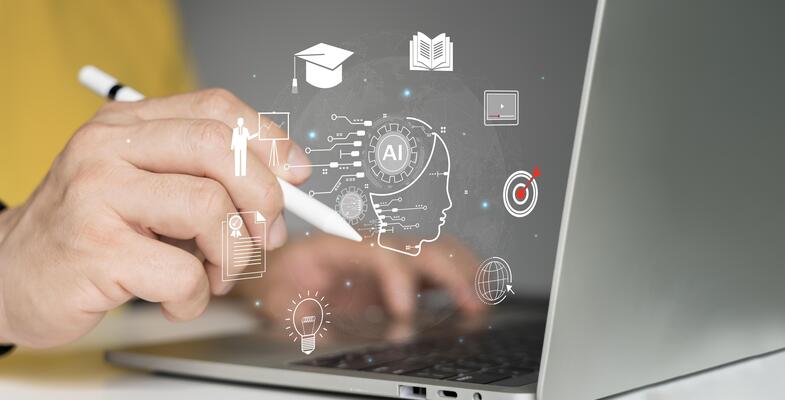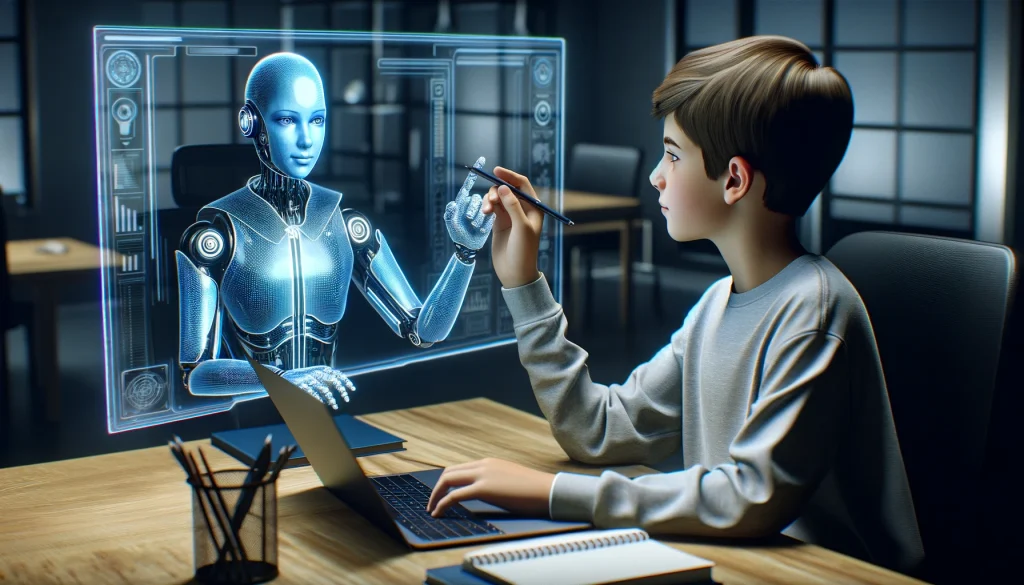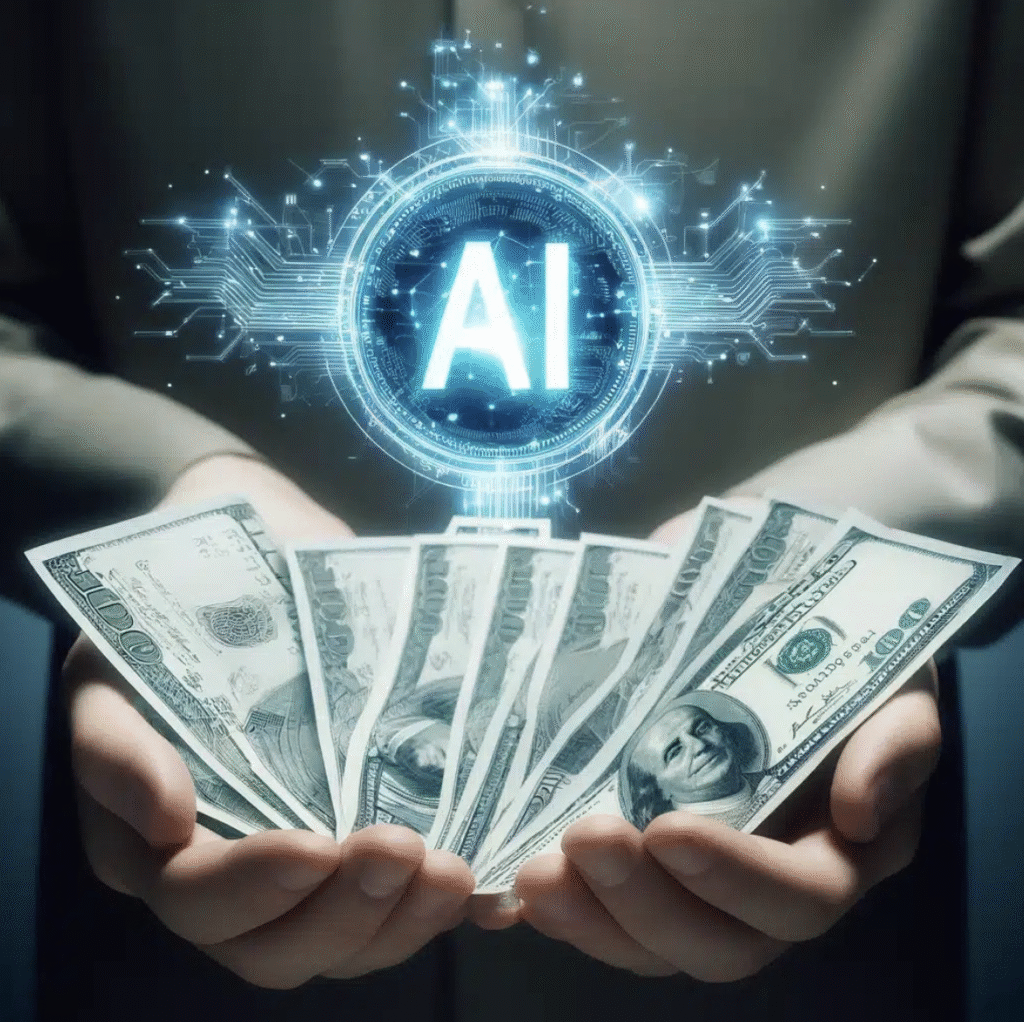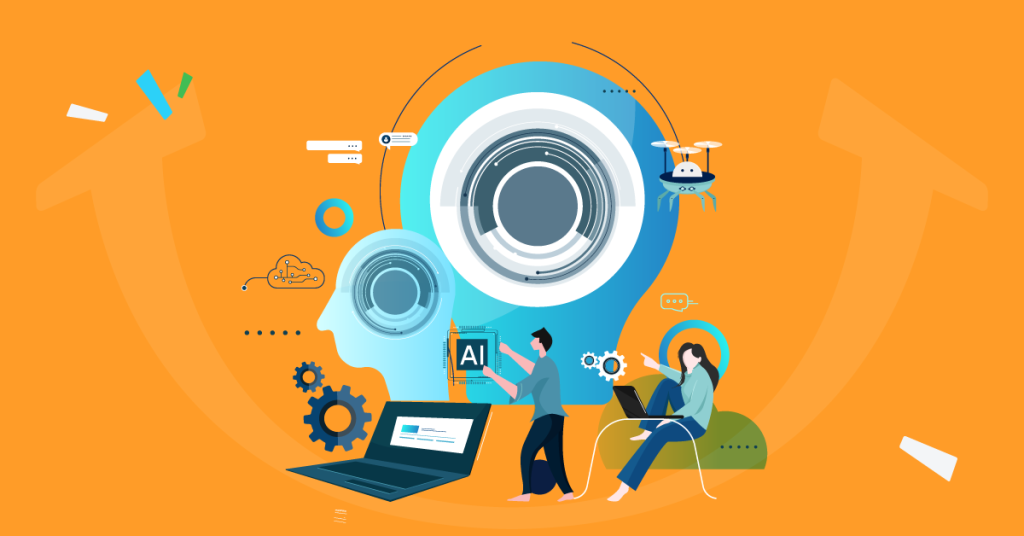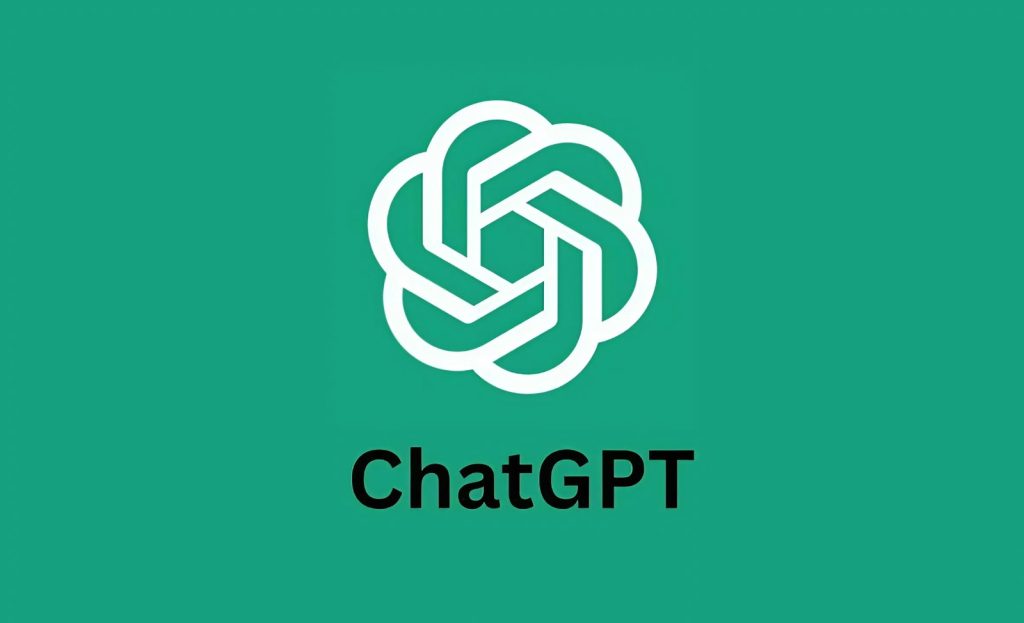The Rise of Adaptive AI Tutors: Transforming Self-Directed Learning
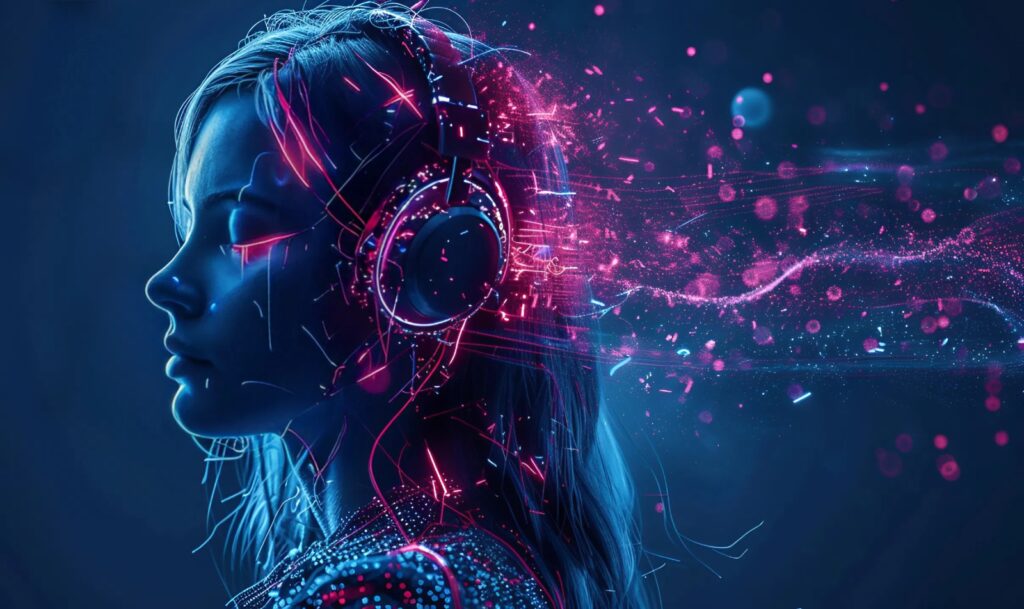
**The Rise of Adaptive AI Tutors: Transforming Self-Directed Learning**
The educational landscape is undergoing a seismic shift, catalyzed by advancements in artificial intelligence. Among these advancements, adaptive AI tutors are leading the charge, reshaping how students engage in self-directed learning. These intelligent systems offer personalized learning experiences tailored to individual needs, preferences, and learning paces. This transformation is not only making education more accessible but also more effective.
—
**What Are Adaptive AI Tutors?**
Adaptive AI tutors are sophisticated software systems that leverage artificial intelligence to mimic the roles of a traditional educator. Unlike static educational materials, these tutors adjust the content in real time based on data collected from the learner’s interactions. By doing so, they provide a more personalized and highly targeted educational experience.
These systems draw on various AI technologies, including natural language processing, machine learning, and data analytics, to offer lessons that adapt to the student’s mastery level, preferred learning style, and even emotional state. This dynamic adaptability makes AI tutors particularly effective in catering to diverse learning needs.
—
**The Benefits of Using AI Tutors in Self-Directed Learning**
Adaptive AI tutors offer several key benefits that make them a valuable tool for self-directed learners:
1. **Personalized Learning Paths:** AI tutors can create unique learning paths tailored to the student’s current knowledge level and personal learning goals. This ensures that learners are neither overwhelmed by advanced content nor bored by material that is too basic.
2. **Immediate Feedback:** One of the hallmarks of effective learning is timely feedback. AI tutors provide instant responses to student queries and activities, helping learners understand their mistakes and learn from them immediately.
3. **Increased Engagement:** By adapting to the learner’s individual needs, AI tutors make the learning process more engaging. Students are more likely to remain motivated and committed to their studies when the content feels relevant and accessible.
4. **Flexibility and Accessibility:** Adaptive AI systems provide a flexible learning structure accessible from anywhere with an internet connection. This flexibility allows students to learn at their convenience, fitting their educational pursuits into their unique lifestyles.
—
**Examples of Adaptive AI Tutors in Action**
Several platforms are already exemplifying the potential of adaptive AI tutors in education:
– **Khan Academy**: Known for its extensive library of educational videos, Khan Academy has incorporated AI into its learning platform to offer personalized education paths. The system recommends activities and resources based on the student’s performance.
– **Duolingo**: A language learning app that uses machine learning algorithms to adapt to the user’s language proficiency level. It adjusts exercises and challenges in real-time, offering a responsive learning environment that grows with the learner.
– **Coursera’s Learning Initiative**: As part of its effort to integrate AI into learning, Coursera provides personalized course recommendations and adaptive assessments that tailor content delivery according to the learner’s interactions.
These examples illustrate how adaptive AI tutors enhance self-directed learning by providing tools that are responsive and tailored specifically to the needs of individual users.
—
**Challenges in Implementing Adaptive AI Tutors**
Despite their many benefits, implementing adaptive AI tutors is not without challenges:
1. **Data Privacy Concerns:** AI systems rely heavily on user data to function optimally. Ensuring the privacy and security of this data is crucial and remains a significant concern for educators and learners alike.
2. **Cost of Development and Deployment:** While efficient in the long run, the initial cost of developing and deploying AI tutors can be high. This may limit access, especially for underfunded educational institutions or students in lower-income brackets.
3. **Dependence on Technology:** There’s a risk of becoming too reliant on technology, which may overshadow the nuanced understanding and mentorship that human educators provide.
4. **Quality Assurance:** Ensuring that AI tutors provide high-quality, unbiased educational support is essential. This requires continuous monitoring, testing, and updating of AI algorithms to ensure their efficacy and fairness.
—
**Conclusion**
The rise of adaptive AI tutors marks a transformative era in self-directed learning. By offering personalized, flexible, and engaging educational experiences, these intelligent systems hold the potential to make learning accessible to all, regardless of geographic or socio-economic barriers. As the technology continues to evolve, it is essential for educators, technologists, and policymakers to work collaboratively, addressing challenges related to data privacy, cost, and quality assurance.
Ultimately, while adaptive AI tutors are not a wholesale replacement for traditional educational methods, they are a powerful supplement that enhances the learning process. By incorporating both human educators and AI systems, we can create a more inclusive and effective educational landscape, ensuring that all learners have the opportunity to succeed. The future of education is not just about access but personalization, and adaptive AI tutors are at the forefront of this exciting change.


